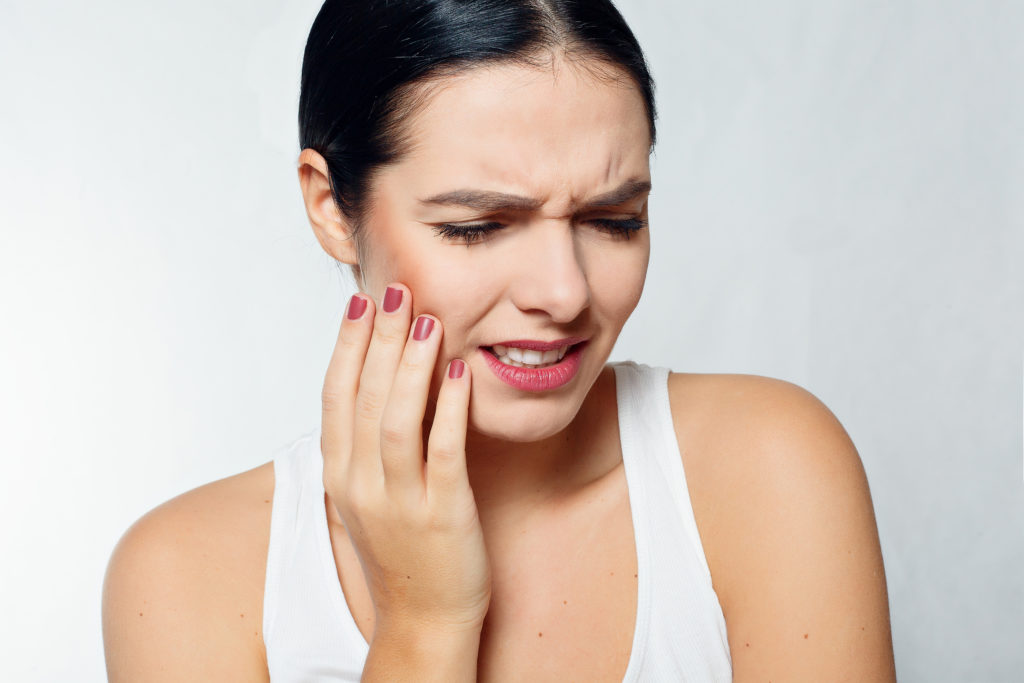No. It’s critical to take the right action to maintain your dental health and avoid issues if a dead tooth fall out on its own.
Healthy teeth are considered to be living things since they are composed of both soft and hard tissue. However, a variety of factors can cause live teeth to decay and dead teeth to produce an extensive array of issues.
You may be wondering how long a dead tooth may remain in the mouth or if extraction is necessary if you have a dead tooth or if you know someone who does.
Can a dead tooth fall out on its own as an adult? lets find out

What is a decayed or dead tooth?
Since teeth include living tissue, they are officially considered to be living things, as was indicated in the article’s introduction. As a result, they might perish.
Does this imply that you have to pay your respects and arrange a funeral for them? Naturally not; that would be ridiculous. That does, however, imply that the tooth must be extracted in some manner.
When a tooth is no longer receiving blood flow, it is said to be “dead.” Blood flow to the tooth is either completely cut off or severely restricted as soon as the nerves within the pulp of the tooth are harmed or killed.
The tooth’s nerve may die as a result of an infection brought on by this lack of blood, oxygen, and nutrition.
Will a Broken, Dead Tooth Fall Out Eventually?
It’s possible that a dead, fractured tooth won’t fall out on its own. A tooth is deemed “dead” when the inner pulp, which houses blood vessels and nerves, has been so severely injured or infected that it is unable to support the life of the tooth.
Untreated injuries or cavities are frequently the cause of dead teeth.
The tooth may become brittle and more susceptible to fractures after the pulp is compromised. Even if a tooth is damaged or dead, it could still stay in place.
Even when the internal structure is weakened, it may be held in place by the surrounding bone and tissues, giving the impression that everything is intact from the outside.
A dead tooth may occasionally become loose and fall out as a result of natural processes like gum recession or bone resorption.
This may take a while, and in the meantime, the tooth may hurt, get infected, or give you poor breath. Ignoring a fractured, dead tooth in your mouth can cause major problems for your dental health.
To prevent problems, it’s critical to swiftly treat a damaged or dead tooth. To remove the diseased pulp and save the tooth, your dentist might suggest suitable procedures, including root canal therapy.
If the tooth is not salvageable, your dentist could suggest extraction and go over alternatives for replacing the missing tooth, like bridges, implants, or dentures.
Ignoring a broken, dead, or decayed tooth can cause excruciating pain, infection, and more harm to the tissues and teeth around it. Therefore, get dental care as soon as possible if you think you may have a damaged, dead tooth so that you may get the right diagnosis and treatment.
Can a dead tooth remain in the mouth for a long time?
Yes. If you do happen to have a dead tooth, you should ideally talk to your dentist about having it extracted.
For days or even months, a dead tooth might remain in the mouth. The issue is that keeping the tooth in your mouth can make you more prone to infection, cause pain and suffering, and make the tooth seem quite ugly.

How to take care of a dead tooth
Your dentist will make arrangements for the treatment or extraction of your dead tooth if you do talk with them. Two typical and well-liked methods are as follows:
- dental extraction
Having a tooth extracted is commonly referred to as a dental extraction.
Your dentist will delicately extract the dead tooth by creating an incision in the gums and numbing the surrounding region.
- root canal
During a root canal treatment, the dentist cleans the inside of the tooth, extracts any diseased pulp or nerves, fills and seals the cavity, and then places a crown over the top to restore the tooth.
Just be advised that this therapy is not an option if a tooth is fully dead. But if you act fast enough, it can save a dead tooth.
When a deteriorating tooth eventually breaks free, what should you do?
Of course, you might leave a huge gap, but this isn’t just unsightly—it also gives your teeth space to move, which can lead to a number of other issues. There are three ways to get a new tooth, which is what the majority of us will want. The most costly alternative is dental implants, but you will have a permanent replacement that blends in seamlessly with the rest of your teeth. The treatment is the most invasive and time-consuming of the three, and the cost can reach several thousand dollars. A titanium rod will be inserted into your jawbone, and eventually a crown will be placed on top of it.
Can a dead tooth fall out on its own at any time?
A tooth in good health shouldn’t ever fall out. A tooth that falls out is usually the result of deterioration, trauma, or infection.
How to keep your teeth from dying
- Maintain the tooth: If an adult loses a tooth due to decay, attempt to manage it gently by just touching the crown, or the part of the tooth that is visible in the mouth, and refrain from contacting the root. If there is a tooth preservation solution available, such as Hank’s Balanced Salt Solution (HBSS), place the tooth in a clean container with milk, saliva, or both. Water should not be used since it might harm the cells on the surface of the roots.
- Seek dental care right away: Make as soon as possible contact with an emergency dental facility or your dentist. It is preferable to see a dentist within 30 to 60 minutes of the tooth falling out, since time is of the essence while attempting to salvage a tooth.
- Clean your mouth: To get rid of any blood or debris, gently rinse it with warm water. Take care not to agitate any blood clots that could have developed in the socket.
- Control bleeding (if any): If there is blood coming from the socket, use clean gauze or a towel to gently press on the area until the flow stops, which should take ten to fifteen minutes.
- Apply a cold compress: To lessen inflammation in the afflicted area in case of swelling or pain, wrap an ice pack or cold compress in a piece of cloth.
- Control pain: Until you can visit a dentist, over-the-counter painkillers like ibuprofen or acetaminophen can help control discomfort.
- Try not to disrupt the area: Using your tongue or fingers to play with or touch the empty socket might impede the body’s natural healing process.
- Observe good dental hygiene: keep brushing your teeth gently and cleaning the region surrounding the empty socket, but take care not to impede the healing process.
Eat only soft meals instead of hard or sticky ones, and refrain from chewing on the side of your mouth where your teeth fell out.
Summary
Keep in mind that losing a tooth—even one that is decaying—can have an impact on your general health and dental hygiene.
Depending on your particular scenario, your dentist will be able to evaluate the state of affairs, recommend the best course of action, and talk with you about tooth replacement choices, including dental implants, bridges, or dentures.
Prioritizing dental care is essential to avoiding more issues and keeping your smile healthy.
FAQs
- How can I determine whether a tooth is dead?
Keep an eye out for signs including discoloured teeth, ongoing discomfort, and increasing sensitivity.
- Can a tooth that is dead be saved?
Yes, frequently through treatments like root canal therapy.
- What happens if you don’t cure a dead tooth?
Dead teeth that are not addressed can cause infection, abscesses, and harm to the tissues around them.
- Does having a dead tooth hurt?
Pain or discomfort may be experienced when biting or chewing on teeth that are dead.
- How can I avoid having dead teeth?
Avoid activities that raise the risk of dental trauma, practice proper oral hygiene, and schedule routine dental exams.

